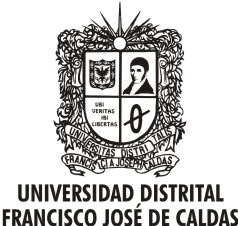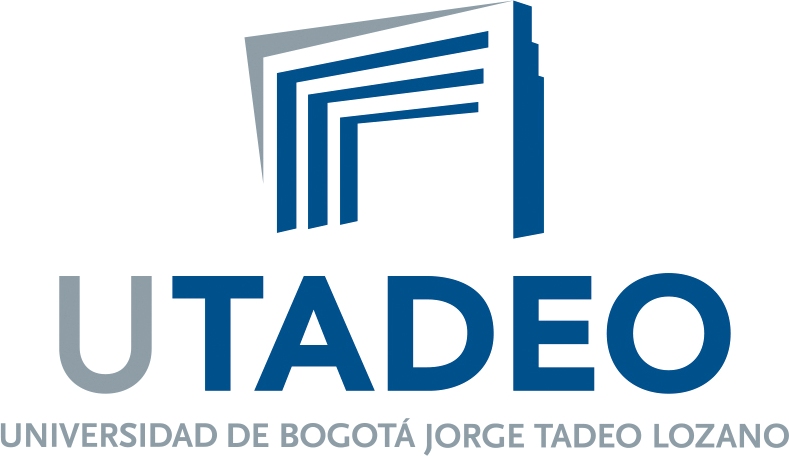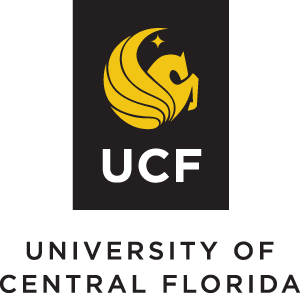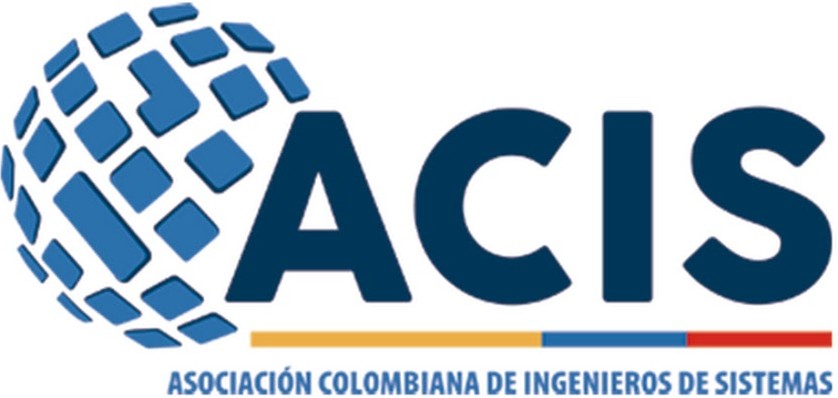
First International Conference on Applied Informatics
1 to 3 November 2018
Keynote Speakers for ICAI 2018

David Benavides
David Benavides is an Associate Professor in the Universidad of Seville (Spain) since 2010. He is part of the Applied Software Engineering Research Group (ISA) and is one of the most recognized researcher on software product lines, software configuration and automated analysis of software variability. He is the chair of the Steering Comitte of the Software Product Line Conference and is part of the program Committes of many others of the most important conferences on software variability in the world. He has published more than a hundred of papers in conferences and journals. One of his papers, with more than one thousand of citations, has been considered the "most influential paper" in the subject. .
Keynote: Challenges on software variability and product lines
Abstract: Reusing software have been a constant challenge through the 50 years of the software engineering. In the last decades, the variability has been considered a fundamental aspect to manage the systemic reuse of software, and to propose approaches such as system families, software product lines, software factories, feature-based development and generative programming have been proposed based on the analysis of variability. In this talk, David will talk and reflect on the challenges that exist in these subjects that many authors consider the foundation for developing software products in the next decades. .

Alejandro Correa Bahnsen
Alejandro Correa Bahnsen is the Vice President of Research at Cyxtera Technologies. With a passion for machine learning, he considers himself a technology evangelist of data science. He has more than a decade of experience applying the use and development of Artificial Intelligence to real-world issues such as cybersecurity, risk management and marketing. In addition to advising the Cyxtera's executive team and customers on unique cybersecurity challenges, Alejandro manages the research and data science teams. He also creates and develops machine learning algorithms related to phishing detection, user identification, network defense, fraud prevention and malware detection. He is constantly improving Cyxteras' products with data science and artificial intelligence capabilities. Alejandro holds a Ph.D. in Machine Learning and Pattern Recognition from Luxembourg University. He has published over 20 academic and industrial papers in noteworthy peer-reviewed publications. He also taught the following subjects on a university level: econometrics, financial risk management, deep learning and natural language processing.
Keynote: Phishing and Malicious TLS Certificate Detection using Artificial Intelligence
Abstract: 91% of cybercrimes and attacks start with a phishing email. This means that cyber security researchers must focus on detecting phishing in all of its settings and uses. However, they face many challenges as they go up against sophisticated and intelligent attackers. As a result, they must use cutting-edge Machine Learning and Artificial Intelligence techniques to combat existing and emerging criminal tactics. Encryption is a tool that is widely used across the internet to secure legitimate communications, but is now being used by cybercriminals to hide their messages and carry out successful malware and phishing attacks while avoiding detection. Further aiding criminals is the fact that web browsers display a green lock symbol in the URL bar when a connection to a website is encrypted, creating false security in users who are more likely to enter their personal information into the page. The rise of attacks using encrypted sites means that information security researchers must explore new techniques to detect, classify, and take countermeasures against criminal traffic. So far, there is no standard approach for detecting malicious TLS certificates in the wild. Cyxtera researchers proposed a method for identifying malicious web certificates using deep neural networks and the content of TLS certificates to successfully identify malware certificates with an accuracy of 95 percent. In addition to combatting existing attacks, researchers must focus on the future of fraud. As Artificial Intelligence and Machine Learning become crucial to cyber security, criminals will undoubtedly begin to harness these powerful tools to enhance their attacks. Cyxtera researchers created an algorithm called DeepPhish to simulate the results of the weaponization of AI by real life cybercriminals, and came to the staggering conclusion that intelligent algorithms could increase their attack success by up to 3000%.
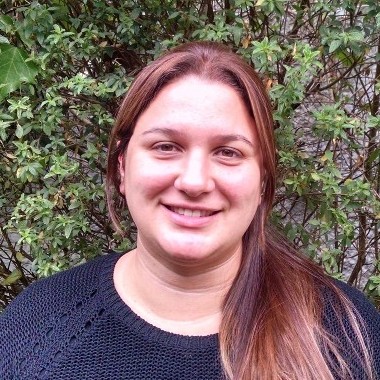
Valérie Gauthier
Valérie Gauthier is Mathematician from Universidad de los Andes, Bogota, Colombia. Winner of a grant from the European Community in the Erasmus Mundus masters program: ALGANT in algebra, geometry and number theory at University of Bordeaux I, France and Università degli Studi di Padova, Italy. She obtained her Ph.D. in applied mathematics, in the area of post-quantum cryptography from Danmarks Tekniske Universitet (DTU). In addition, she was a postdoctoral researcher at the laboratory GREYC Université de Caen Normandie, France in the AMMAC team and a postdoctoral researcher at the Mathematics Department at the Universidad de los Andes. She is the head of the Applied Mathematics and Computer Science Department at Universidad del Rosario, Bogotá, Colombia. Her research areas of interest are cryptography, coding theory and its applications. She is also interested in innovation ecosystems.
Keynote: An Introduction to Post-Quantum Cryptology
Abstract: In all time, to be able to communicate in a safe way has been essential in political, diplomatic, economic and military affairs. In this era, when the information is digital, cryptology (the art of keeping the information secret) plays an even more important role, being the only tool that allows us to protect communications, commerce, security in databases and, therefore, our identity. In this talk I will give a brief introduction to cryptology, from the classical one to the postquantum challenge, I will focus particularly in code-based cryptography.

Waldemar Karwowski
Waldemar Karwowski, Ph.D., D.Sc., P.E. is Pegasus Professor and Chairman, Department of Industrial Engineering and Management Systems and Executive Director, Institute for Advanced Systems Engineering, University of Central Florida, Orlando, USA. He holds an M.S. (1978) in Production Engineering and Management from the Technical University of Wroclaw, Poland, and a Ph.D. (1982) in Industrial Engineering from Texas Tech University. He was awarded D.Sc. degree in management science by the State Institute for Organization and Management in Industry, Poland (2004). He also received honorary degrees (Doctor Honoris Causa) from the following institutions in Europe: South Ukrainian Odessa State Pedagogical University of Ukraine, (Odessa, Ukraine), Technical University of Kosice (Kosice, Slovakia), and Moscow State Institute of Radio, Electronics and Automation (MIREA Technical University) (Moscow, Russia). He is Past President of the International Ergonomics Association (2000-2003), and past President of the Human Factors and Ergonomics Society (2007). Dr. Karwowski served on the Committee on Human Factors/Human Systems Integration, National Research Council, the National Academies, USA (2007–2011). He has over 500 publications focused on human systems integration, safety, cognitive, human-centered-design, neuro-fuzzy systems, soft computing, nonlinear dynamics, and neuroergonomics. Professor Karwowski serves as Co-Editor-in-Chief of Theoretical Issues in Ergonomics Science journal (Taylor and Francis, Ltd).
Keynote: Data Analytics for a Global Socio-Economic Development
Abstract: There is an increasing need to translate a vast amount of data into usable knowledge that can drive effective decision-making at the micro- and macro-societal levels. Industry, academia, and government are all looking for people with technical skills who can support discovery, management, interpretation, and translation of data into actionable insights that will facilitate the design of future technology, infrastructure, and human habitat. This presentation will highlight the importance of the field of data analytics for accelerated technological and socio-economic growth around the globe. Recent efforts by the Department of Industrial Engineering and Management Systems (IEMS) at the University of Central Florida (UCF), in the area of data analytics, which includes two new programs of MS in Data Analytics and MS in Healthcare Systems Engineering, will be discussed. In addition, an example of a large SocialSim research program funded by DARPA that focuses on scalable simulations for a better understanding of online social behaviors and their evolution will be provided.

Sanjay Misra
Sanjay Misra is Full Professor of Computing Engineering since January 2010 at Coventant University, Nigeria. He has 25 years of wide experience in academic administration and researches in various universities in Asia, Europe, and Africa. He is the most productive researcher (SciVal Scopus analysis) in Nigeria, having more than 165 publications during 2012-2017, but a total around 300 in the area of Software Engineering. Most of those publications are in WOS-70 in JCR/SCIE Journals. In addition, He got several awards for outstanding publications (e.g., 2014 IET Software Premium Award in UK, TUBITAK-Turkish Higher Education, and Atilim University). He has delivered more than 80 keynotes/invited talks in several international conferences and institutes (travelled more than 50 countries). He is EIC of Advances in IT Personnel and Project Management IGI Global, IJPS, and Covenant Journal of ICT. He is founder chair of 3 annual international symposiums/workshops in Software Engineering (SEPA, ISSQ, and TTSDP). His current researches cover the areas of (but not limited to): Software quality assurance, project management, health informatics, AI, intelligent systems, cognitive informatics and web engineering. Sanjay holds a Ph.D. in Software Engineering, a Ph.D. in Applied Physics, a M.Sc. in Solid State Electronics, and a B.Sc in Physics and Chemistry.
Keynote: Improving Quality of Research Publications in ICT Researches in Developing Countries
Abstract: The number of articles in ICT related high impact journals (in Journal Citation Report (JCR by Thomson Reuters)) are limited from the authors of developing countries. This work presents some interesting results by considering a case study of a developing country and analyses the reasons for this backdrop. Finally, we discuss how to improve the quality of the research publication in existing environment and available resources.
Organized by
Sponsored by
Supported by
2025 All rights reserved
